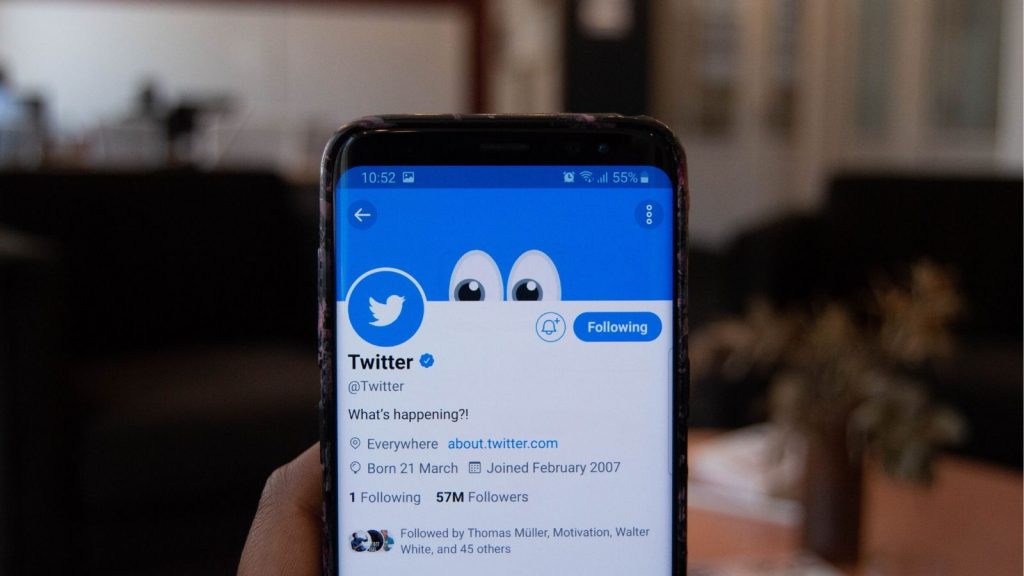An unexpected trend on social media has emerged, with medical professionals sharing pictures of themselves in swimwear in response to a study.
The study in question was published in the Journal of Vascular Surgery and titled ‘Prevalence of unprofessional social media content among young vascular surgeons’.
No ad to show here.
It involved researchers visiting the personal profiles of vascular surgeons on Facebook, Twitter, and Instagram, to look for unprofessional or “potentially unprofessional” content.
“Potentially unprofessional content included: holding/consuming alcohol, inappropriate attire, censored profanity, controversial political or religious comments, and controversial social topics,” the study says.
The study was not well-received by many on social media for its classification of “inappropriate attire”.
According to the researchers, “provocative Halloween costumes and provocative posing in bikinis/swimwear” counted as inappropriate.
Meanwhile, the classification of “potentially inappropriate” pictures included someone holding alcohol.
However, deciding what counts as “provocative” clothing is an extremely loaded and subjective assessment.
All three people who screened the accounts for inappropriate content were men, adding to concerns that the study was an exercise in men policing what women wear and posted on their personal social media.
Medical professionals called out the study for its potential for bias as a result.
https://twitter.com/DrChowdharyMD/status/1286475918823825415
Doctors and surgeons post under #MedBikini on social media
In response, medical professionals posted images of themselves in swimwear to reclaim the narrative set by the study.
Many posts questioned the study’s assessment of professionalism. They also highlighted the double standard women in medicine and other professions face.
In addition to this, some called for the journal to retract the study.
I'm incredibly happy to see that there has been so much support and calling out the blatant double standards in medicine that exist far beyond the world of twitter. And glad to see all these fearless women physicians fighting for our right to be in this space. #MedBikini https://t.co/6nIWC6oEnR
— Carmen Simmons, M.D. (@whereinmyworld) July 23, 2020
The #medbikini movement is one of the best medtwitter things I’ve ever seen. Doctors are people who do normal people things. Big thanks to the horribly misguided and borderline unethical vascular surgery publication that made it all possible.
— Dr. Glaucomflecken (@DGlaucomflecken) July 24, 2020
https://twitter.com/ilanvonder/status/1286411539860189185
I can exist in spaces where I am a physician, who is professional, at a Vegas pool party. All three can exist. #Medbikini #happybachelorettetome pic.twitter.com/FXUnVqx5Rv
— Shavi Mo (@ShaviMo) July 23, 2020
https://twitter.com/ErinMichos/status/1286644197798432770
My #MedBikini because there's nothing unprofessional about a backyard swim, but also my Mardi Gras look because there's nothing unprofessional about queerness. Let's fight back against 'professional standards' as a tool for dismissal of those already disempowered within medicine pic.twitter.com/JZ9LypOS92
— Emery Excell (@ExcellEmery) July 24, 2020
https://twitter.com/KMLumpkins/status/1286429920462286848
Medical journal retracts paper
Meanwhile, the Journal of Vascular Surgery’s editors issued a statement regarding the study.
“Many who have read the article expressed great concerns about the method of data collection, lack of diversity of the authors collecting data, as well as potential bias in the evalatuoin and the conclusion,” the statement says.
But the editors say they believe the authors were attempting to advise young vascular surgeons. Nevertheless, the journal will retract the study.
However, the cited reason was the authors not receiving permission from the Program Directors in Vascular Surgery (APDVS) to use their database to search for profiles of surgeons on social media.
Editor’s Statement Regarding “Prevalence of unprofessional society media content among young vascular surgeons” pic.twitter.com/JAoFgcRtPx
— Journal of Vascular Surgery (@JVascSurg) July 25, 2020
Feature image: Shereesa Moodley/Memeburn
